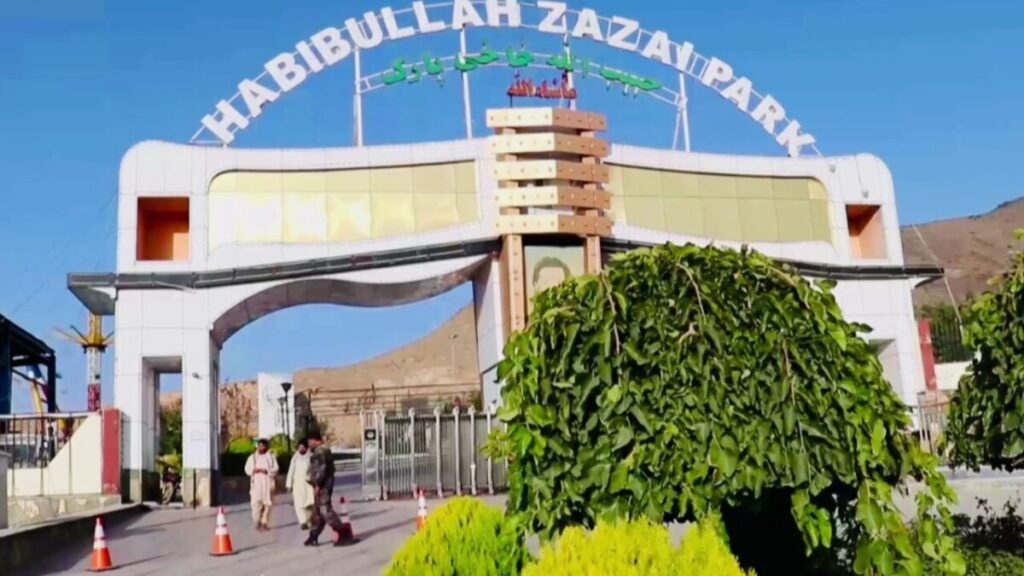Owners and managers of several recreational parks in Kabul report a sharp decline in family attendance over the past three years since the Taliban returned to power. They attribute this drop to the strict enforcement of rules by the Taliban’s morality police, which has severely restricted the presence of women in public spaces.
One such park, Zazi Park, located in the Arzan Qimat area of Kabul, was once a popular destination for families. Today, it stands nearly empty. “In the past, 70 percent of our visitors were families,” said Habib Khan Zazi, the park’s manager. “But since the Taliban’s return, the number of families, women, and children visiting has dropped to zero.”
Zazi explained that the restrictions have caused significant financial losses for the park. “The Ministry’s rules prevent families from coming. Before, most of our visitors were families, but now the Ministry has banned them from going to parks.”
The same situation is mirrored across other parks in Kabul. Women are now a rare sight in public spaces, and what were once family-friendly environments have become overwhelmingly male-dominated.

Sophia, a former second-year psychology student at Kabul University, was forced to stop her studies when the Taliban banned women from attending universities. She says the Taliban have turned Afghanistan into a prison for women, even barring them from recreational parks. “I’ve tried to visit parks several times, but the Taliban blocked me and my friends from entering,” she said. “Just last week, we wanted to go to Qargha, but even though we had a male chaperone, women were not allowed in.”
Other women express similar frustrations. Nasrin, a resident of Kabul, said, “The Taliban’s actions have worsened the mental health issues faced by women.”

After their return to power, the Taliban initially announced that women could visit parks three days a week without male companions. However, by November 2022, the regime banned women from attending recreational parks altogether, further restricting their already limited public freedoms.





